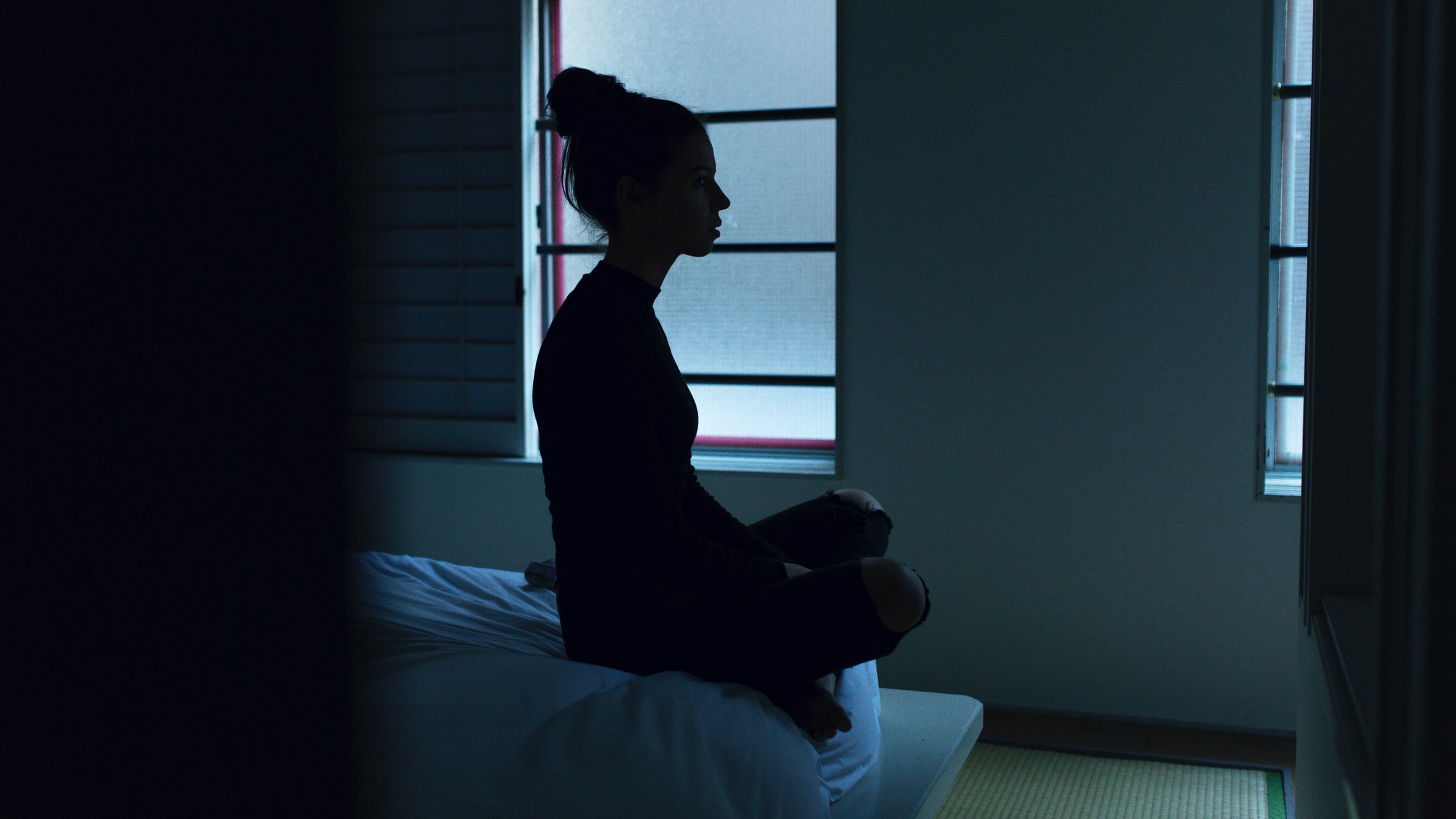The Overcoming Perfectionism study uses cognitive behaviour therapy to challenge perfectionistic thinking.
This way of thinking is a known risk factor for depression, anxiety and eating disorders.
Australians are experiencing deteriorating mental health since the start of the COVID-19 pandemic. The researchers hope the free online program can help teenage girls improve their state of mind and wellbeing.
The problem with perfectionism
Clinical psychologist and Curtin University PhD student Amy O’Brien is leading the research.
She says there’s nothing wrong with having high standards and being driven to succeed.
But perfectionism can make us feel like we’re never good enough regardless of how high we score on a test or how well we perform on the sporting field. That’s unhelpful and takes a toll on our self-esteem.

“We’re not trying to lower people’s standards or stop them from achieving great things,” says Amy.
“We just want them to have self-esteem that comes from other places, not just based on whether they achieve good results or not.”
The shadow pandemic
Mental illness symptoms have increased across the board since the start of the pandemic.
The World Health Organization estimates COVID-19 triggered a 25% increase in anxiety and depression – with young people and women bearing the brunt.
InsideOut, Australia’s national research institute for eating disorders, found eating disorder symptoms increased significantly during the first wave of the pandemic. This was coupled with difficulty accessing treatment.
Amy says relationships are key in our lives – particularly for teenagers.
“It’s a really important developmental step when they differentiate from their family and they start to rely on their peer groups as big influences,” she says.
“So the fact that we’ve all been driven online … I think definitely is playing into things.”
Instagram versus reality
“We know that eating disorders have existed long before TV and the internet,” says Amy.
“But certainly I think the number of images that we’re exposed to online and all the filters and the photoshopping is warping, maybe, our perspective of normal.”
On social media, we’re constantly comparing ourselves to other people’s best moments.
“That’s really going to make our self-esteem take a dip, particularly if we’re prone to having perfectionistic standards for ourselves,” says Amy.
“If we're only ever seeing everyone's great accomplishments, it might make us feel that we have to achieve even more to measure up.”
Cutting through inequality
When it comes to treating anxiety and depression, online programs can be almost as effective as face-to-face services.
Amy believes this is the first online program to treat perfectionism in people at risk of eating disorders.
She says online treatments can cut through inequality in accessing mental health services, particularly for people living in rural or remote communities.
“The real-world applications really excite me,” says Amy.
“If we can get good evidence that shows this is effective, then it’s one more resource for the people who might struggle to access help.”
Amy is currently recruiting participants for the Overcoming Perfectionism study. To find out more, visit www.youthperfectionism.org.









